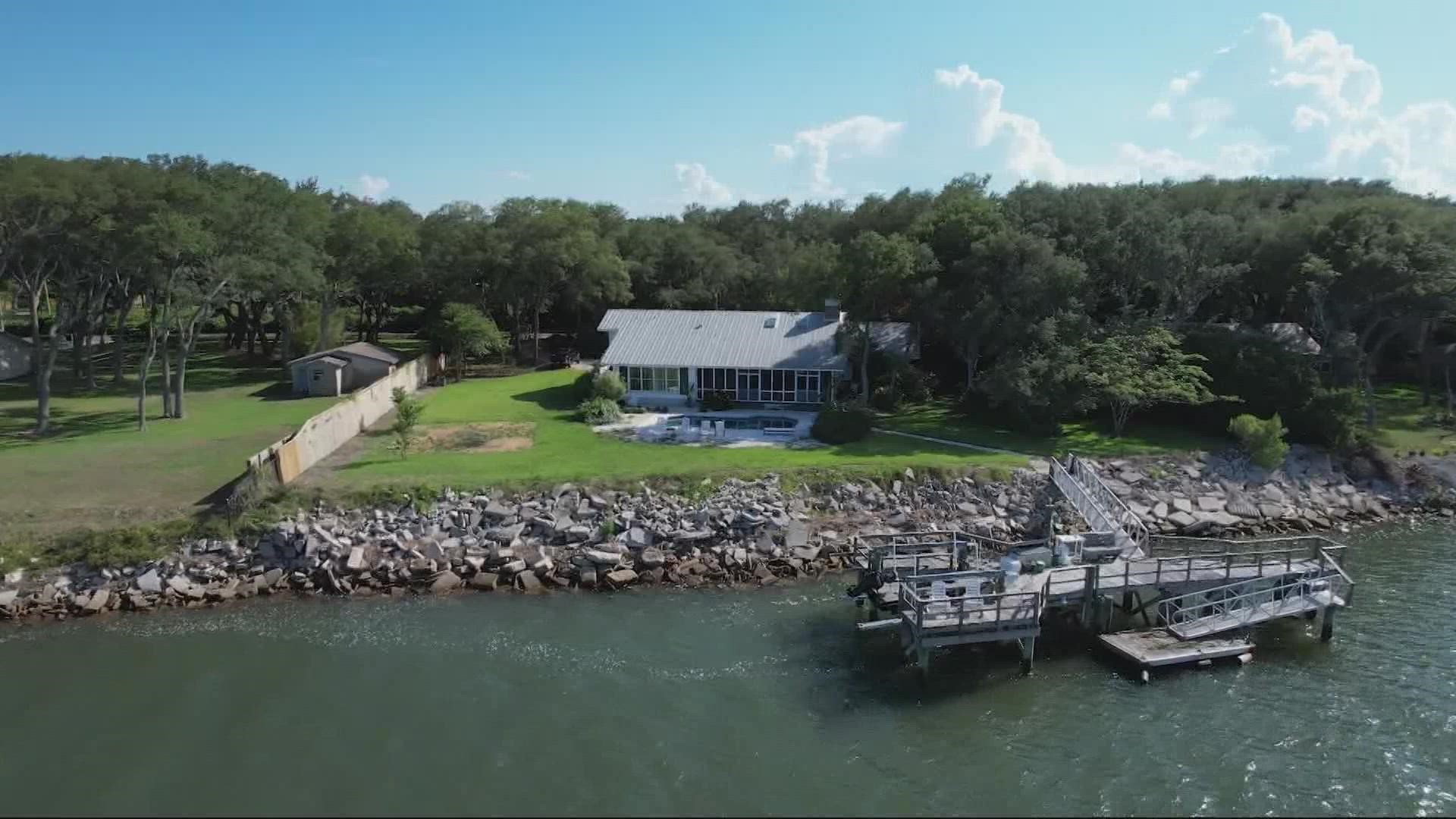JACKSONVILLE, Fla. — The video attached to this story is from a previous, related report.
This story was originally reported by the Florida Times-Union.
A Jacksonville judge has dismissed a defamation lawsuit that Celebration Church’s founders filed over a church report accusing its former leader of fraud and enriching himself at the church’s expense.
Deciding the case “would require this court to impermissibly entangle itself within matters of church governance,” Circuit Judge Marianna Aho wrote in an order that lets former Pastor Stovall Weems and his wife, Kerri, amend their lawsuit within 20 days.
Weems resigned in April from the church he and his wife started in Jacksonville in 1998 and nurtured into an operation with thousands of members and satellite operations around the country and overseas.
The church’s trustees had suspended him in January over claims of financial improprieties that sparked a legal review and report by church lawyers.
The Weemses first sued in February to get the pastor’s job back, but the resignation and the church report they charged the case into a defamation lawsuit and updated again, accusing the trustees and attorney Lee Wedekind III of falsely maligning the pastor.
Aho’s ruling upholds arguments by the church that deciding the case in court would violate a legal principle called the ecclesiastical abstention doctrine. That doctrine says that the U.S. Constitution’s religious freedom guarantee trumps courts’ ability to judge civil disputes in religious organizations.
“As pled, these claims would require this court to impermissibly examine the inner workings of Celebration Church, including the church’s internal financial policies and bylaws,” Aho concluded in an order drafted as government offices shut down last week during Hurricane Ian’s approach.
This story was originally reported by the Florida Times-Union.
Lawyers for the two sides had argued over whether the abstention rule applied to the case, partly differing on the doctrine’s impact on congregational churches like Celebration, which don’t report to a top authority for the denomination.
Aho brushed the argument aside, saying that “courts have … implicitly ruled the ecclesiastical abstention doctrine does apply to congregational churches by simply applying it.”
While appellate courts in Florida apparently hadn’t issued rulings explicitly saying the doctrine applies to congregational churches, the judge said cases in four other states — Arkansas, Ohio, Oklahoma and Texas — “are all in agreement that the hierarchy and organization of the church does not affect the application of the ecclesiastical abstention doctrine.”
Since breaking with their old church, the Weemses have operated Stovall Weems Ministries from an address on San Jose Boulevard and a website that tells visitors their court case may be "long, drawn out, and possibly involve appeals. However, we will not waiver in our commitment to the truth and justice, and we have faith that we will eventually be able to make our accusers stand trial to answer for their actions."
Besides the defamation suit, the Weemses remain involved in two other local court cases. One is a fight over to expel the couple from a home the church owns on Black Hammock Island and the other is a suit by a bank saying the couple owe about $716,000 on past-due loans and credit card bills.
This story was originally reported by the Florida Times-Union.

